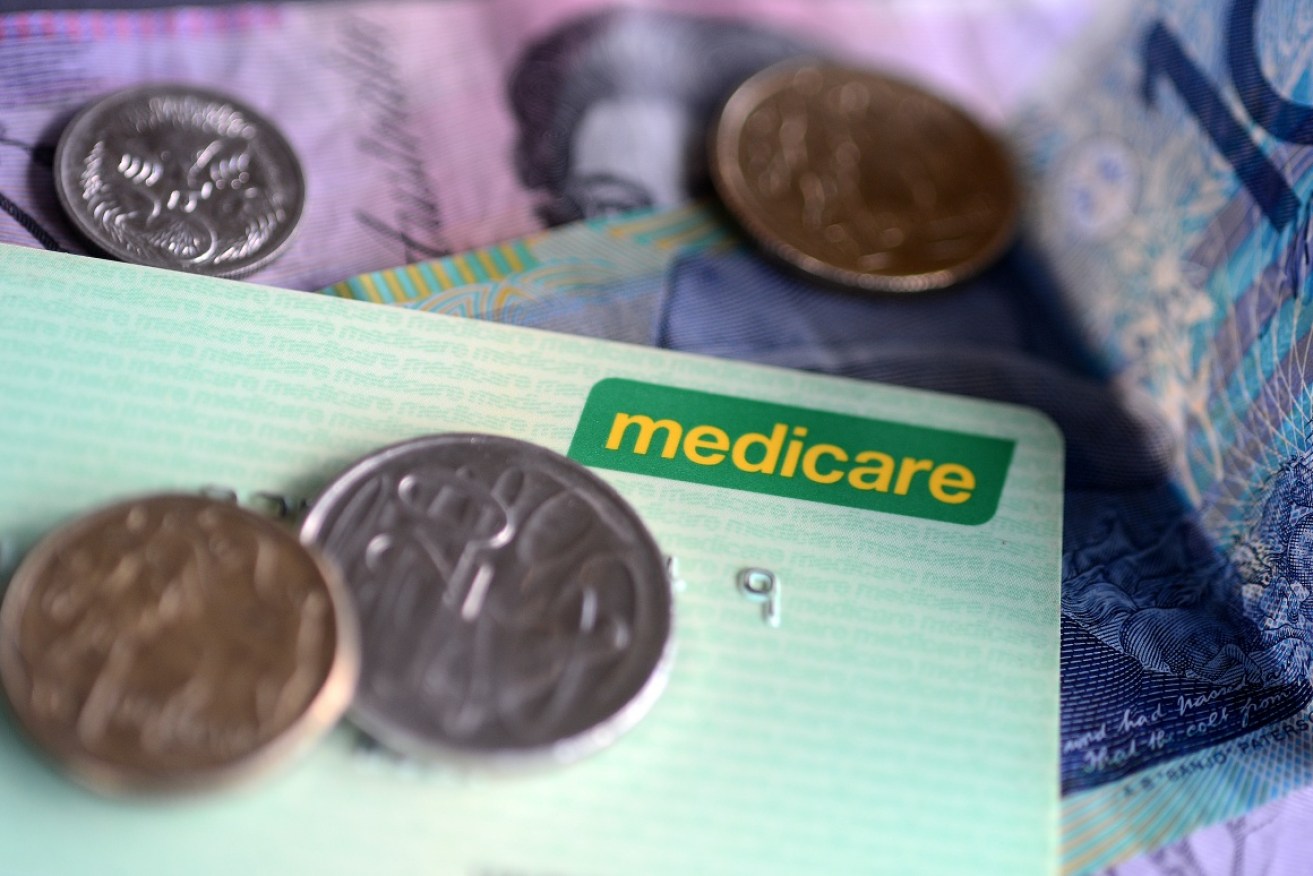As health insurance costs soar, let’s consider the alternatives

Photo: AAP
On April 1, Australians copped another health insurance hike, with premiums rising an average of 3.95 per cent on April Fool’s Day.
To add insult to financial injury, consumer group Choice said hundreds of premiums soared by much more – some by as much as 45 per cent.
Just under half of all Australians have private health insurance, and many of those are reconsidering their cover, according to research by Choice.
“With premiums having increased approximately 70 per cent over the past decade and a growing number of policies with loopholes, many people are questioning why they have private insurance,” a Choice spokesman said.
Analysis by CHOICE has found the biggest private health insurance price hike this year was 45% for an extras policy in the ACT and NSW, well above the 3.95% average increase: https://t.co/smvGFBKExr pic.twitter.com/TNsGLtIdY2
— CHOICE (@choiceaustralia) April 14, 2018
Health experts agree that Australia’s universal healthcare system is good – but it’s not perfect.
Grattan Institute researcher and former Health Department chief Professor Stephen Duckett said Australians were rightly proud of their health system and valued Medicare highly. But there was room for improvement.
“In international terms, we have got a good health system, at least on measures of cost and life expectancy,” Dr Duckett said.
“That’s not to say there aren’t problems, we can improve the efficiency, access and wait times and there are quality issues in some places.
“There are things we can do to improve, but we don’t have to throw everything away and start again.”
Dr Duckett said health systems in all wealthier nations faced similar problems but different countries had widely different solutions. That means there are lessons for Australia.
However, a scheme that worked overseas could not simply be transplanted into Australia, he said.
“We’ve got to be careful about if we borrow something from another country, we’re not borrowing bad bits as well as good bits,” he said.
“When people say the Netherlands has got a great scheme, you’ve got to remember that they spend more per head of population than we do.”
Dr Duckett said the Dutch model was often held up as one Australia might do well to adopt.
In the Netherlands, all residents have to buy health insurance from private insurers (which offer the same standard package and must charge everyone the same premium, regardless of age or health). Children under 18 get the standard package for free and the government provides a healthcare allowance for those on a low income.
There’s a compelling need to return to the drawing board and to reassess the way in which dental and allied healthcare is funded.”
Dr Duckett said Singapore’s health system was also often considered a success.
Singapore has Medisave, a savings scheme that helps people put aside part of their income to meet personal or family medical bills. But the scheme relies on key aspects of Singaporean culture, such as family responsibility, which might not translate to Australia.
Dr Duckett is also keeping a close eye on Britain’s accountable care organisations – a concept borrowed from the US. An ACO is a network of doctors and hospitals that shares financial and medical responsibility for co-ordinated care for patients, hoping to limit unnecessary spending.
“It’s not big architecture, it’s actually forcing better relationships at local levels, designing incentives that encourage more efficient care and referral practices,” Dr Duckett said.
“That is what we should be looking at and what we should be emphasising.”
Australian Medical Association president Dr Michael Gannon said Australia’s healthcare was among the best in the developed world.
“The Australian system stacks up very well against the American system and the British system, which we regard as two extremes,” he said.
“We’re closer to the right balance, and we seek to preserve it.”

Health experts say the Dutch model is one with merit. Photo: Getty
However, the AMA is keen to explore all kinds of ideas and alternatives.
“If you look at other parts of the world, like Singapore and the Netherlands, they have health savings accounts,” Dr Gannon said. “You accumulate money a bit like super and it is there if you want to use it. We are not proposing that model but we are open to all sorts of different ideas.”
The Australian Dental Association recently commissioned the Centre for International Economics to explore ways to help Australian consumers overcome some of the barriers to dental and allied health care.
The report, Saving for One’s Care, released in March, highlights health savings accounts as a potential solution.
“By using tax incentives to encourage community-wide saving for extra health care needs, Australians are rewarded for proactively managing their health in a way that overcomes the limitations of extras cover and retains their freedom of choice in the practitioners they use,” the ADA said.
“With premiums having risen exponentially in recent years, and rebates for dental and allied care failing to keep pace, resulting in higher out-of-pocket costs, there’s a compelling need to return to the drawing board and to reassess the way in which dental and allied healthcare is funded.”








